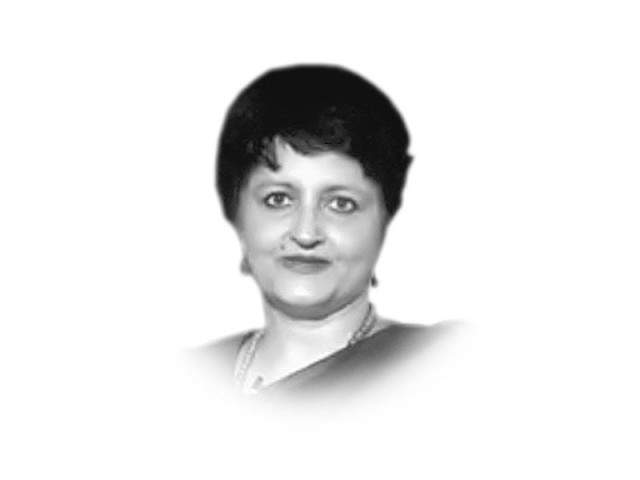
The Indian military and paramilitary personnel have been doing a fabulous job, risking their own lives to save lives in rescue operations that have earned the admiration of not just Indians but the entire world. The Indian Army and the air force, in particular, have been working day and night, in lashing rain, not allowing their own helicopter crash to deter them from the task at hand to save persons who had given up hope.
Indians are getting together aid to help the thousands who have lost everything in the floods. Volunteers are preparing to help the people rebuild their lives, even as experts predict large-scale epidemics to break out in the affected areas because of rotting bodies and polluted waters. The scale of the tragedy is unimaginable, with several thousands still stranded in remote villages washed away by the waters.
Against this tragic backdrop, comes the politician, a “Rambo” who flies in and out of Dehradun, the capital of Uttarakhand, claiming to have rescued 15,000 persons from his particular state. A media always looking to be ahead of the news, broadcasts this claim without question, leaving it to the people of Uttarakhand to rubbish it altogether. Later, like all politicians, he claims now to have been misquoted.
Then comes the young man, who actually lost the initial round to “Rambo”. Basically because he was not in the country and returned when everyone started finding his absence a little conspicuous. His supporters let it be known that he has come to Uttarakhand not as Rambo, and not as a VIP, but just as an ordinary citizen.
Then come, the musketeers from different political parties with chartered planes to carry home affected persons from their respective states. Two opposing parties came to blows, hurling abuses and hitting each other, over which aircraft the people rescued by the army would go back in.
In the midst of all this, the horror stories continue. Families washed away as lone survivors watch helplessly; children or parents searching for their families, not sure whether they are dead or alive; people watching one another die without food or water, even as the military struggles to rescue and save as many persons as it can before time runs out. The odds are impossible, but the soldiers are pushing themselves in what can only be described as a Herculean effort of mammoth proportions.
The story would have been different had the politicians, including the state and central governments, performed as well, or even half as well, as the military. Soldiers are quietly complaining of no back up from the civilian authorities in that the rescued persons are being left to fend for themselves after being brought to safety. There is a huge scarcity of food, drinking water, tents, blankets, medicines, with even the Uttarakhand governor moved to criticise the state government’s mismanagement and incompetence.
The moral of the story really then raises a finger at politicians, not just in India but in South Asia, where those fighting and winning elections do not have the compassion or the commitment required to make life more comfortable for the common person. Instead, they are looking to garner votes, to make money, or to attain and stay in power by hook or by crook and that leads to increasing distances between the electorate and the political class, which is certainly not good for democracy.
A democracy is defined by the level of trust between the people and the institutions of democracy, particularly, the executive and the legislature. It goes without saying that the higher the levels of trust and confidence, the stronger the democracy. Unfortunately, in our part of the world, the trust is being eroded on a daily basis because of the anti-people antics of our politicians and this certainly does not serve democracy well. Elections are just part of the democratic process that can mature only through the responsible and accountable functioning of the executive and the legislature. Somewhere along the way, we have lost sight of this fact and are allowing politicians to hijack our freedoms and rights at will.
Published in The Express Tribune, June 29th, 2013.
Like Opinion & Editorial on Facebook, follow @ETOpEd on Twitter to receive all updates on all our daily pieces.


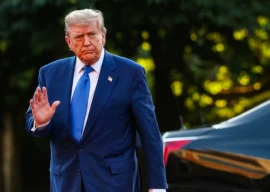


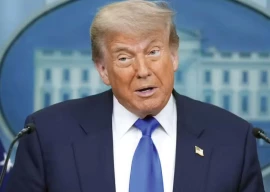
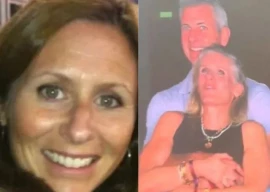
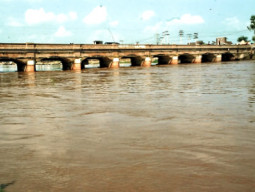
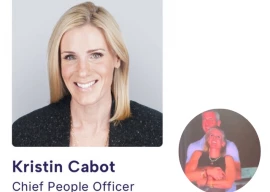
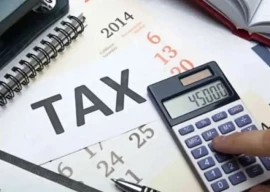
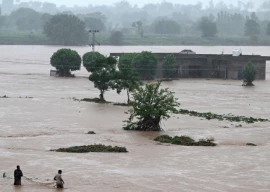
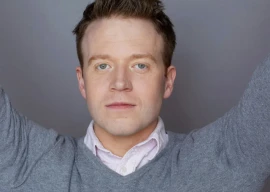






COMMENTS
Comments are moderated and generally will be posted if they are on-topic and not abusive.
For more information, please see our Comments FAQ